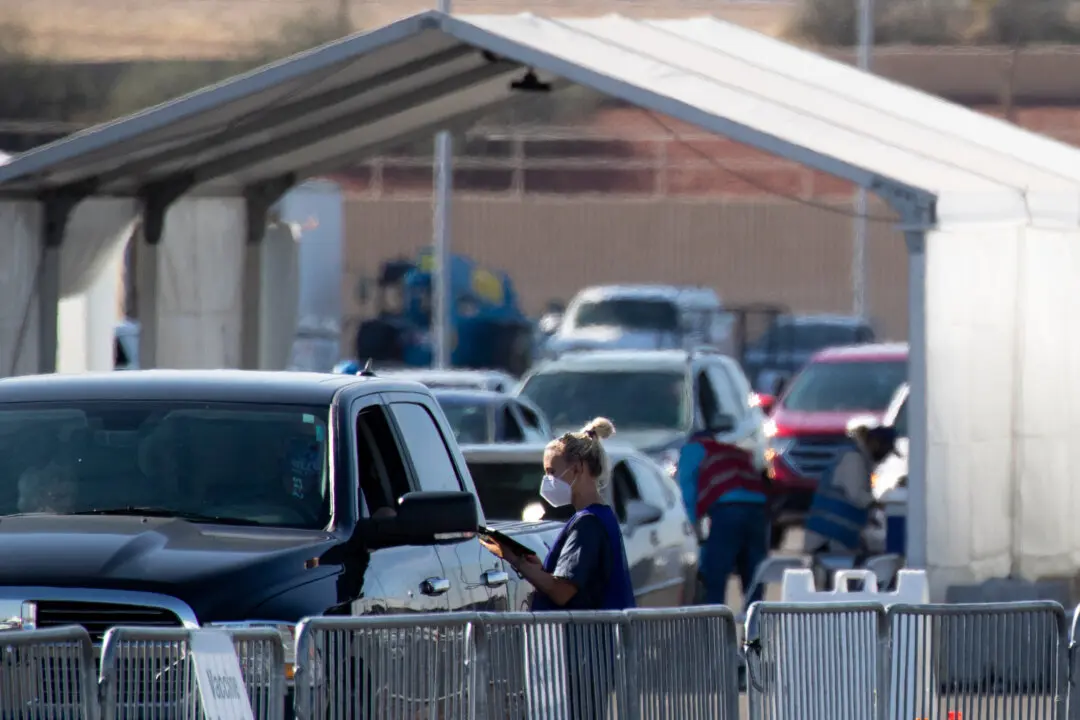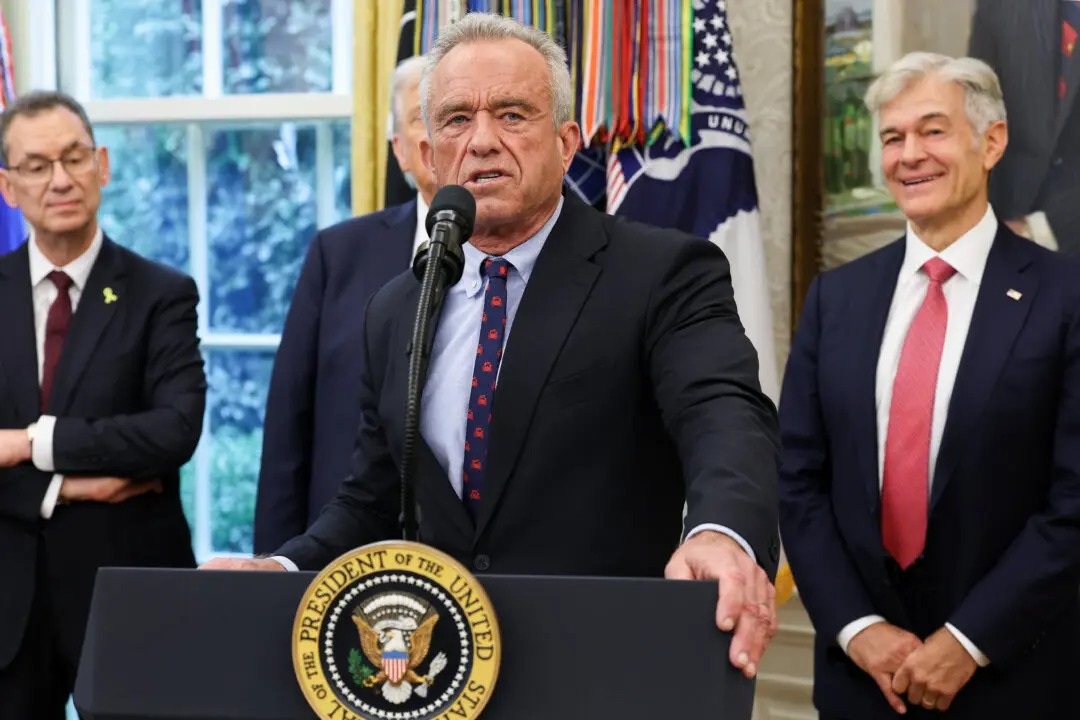The Centers for Disease Control and Prevention (CDC) has pushed back an emergency meeting on post-vaccination heart inflammation seen in Americans, primarily young people, because of a new federal holiday.
President Joe Biden signed a bill on Thursday making June 19 a new holiday, Juneteenth. Shortly afterwards, the CDC said its June 18 meeting “is being rescheduled due to the observation of the Juneteenth National Independence Day holiday.”





